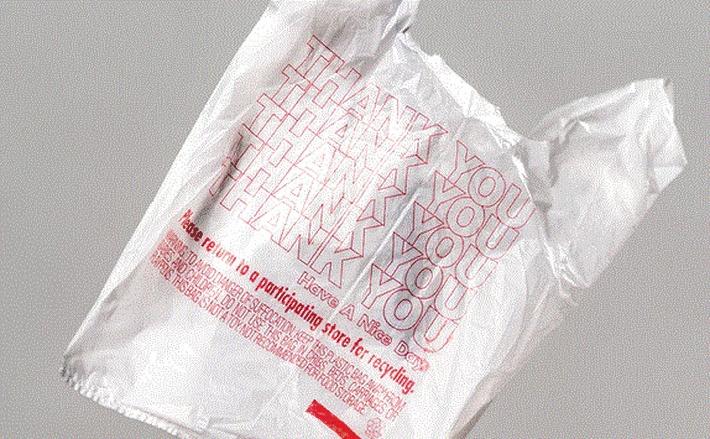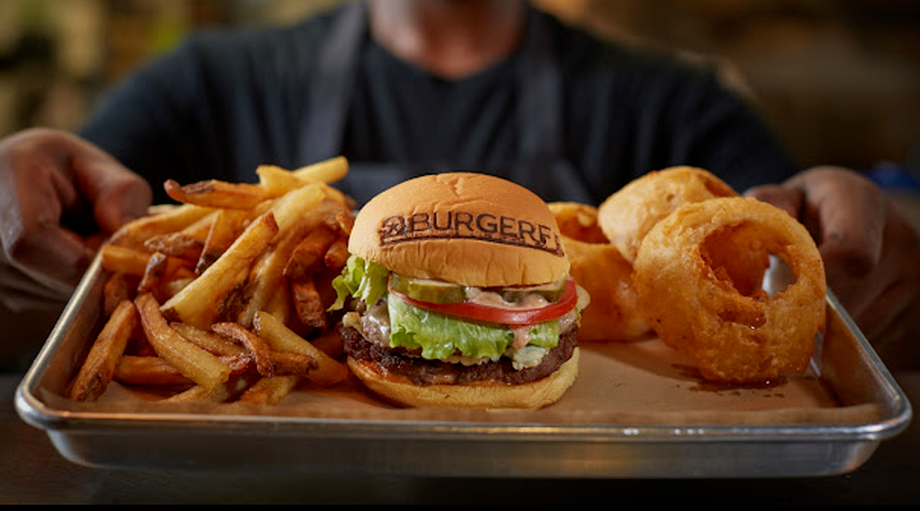PHILADELPHIA - The ban is meant to fight the pervasive litter problem in Philadelphia. It covers nearly a billion plastic bags used each year by Philadelphians. It applies to all retailers, from grocery stores to farmers' markets, and apparel stores to restaurants. However, the ban does not affect the use of paper bags at home. The Philadelphia ban may encourage local retailers to offer reusable bags. After all, providing branded reusable bags to your customers makes good business sense.
The plastic-bag ban in Philadelphia took a long time to pass. The first attempt was blocked in 2007, and the second was nearly passed a few years later. But it was ultimately stopped in its tracks by lobbying groups. In 2010, Mark Squilla, a local councilman, tried again, and it passed.
While a bag ban may seem drastic, it has proven effective in other cities. For example, a bag ban in California resulted in a 70% reduction in plastic bag litter on beaches. But despite the positive results, some skeptics have warned of unintended consequences. Some bans lead to more paper use, which could ultimately increase trash.
The ban is an important step for Philadelphia, but it must be implemented properly to make a difference. Philadelphia's government must focus on what it can do rather than what it can't. Otherwise, it will increase its burden on city workers and the environment. The city should invest its resources in hiring more trash collectors rather than fining businesses that use plastic bags.
Pennsylvania's General Assembly attempted to limit local control of the plastic-bag ban at the state level, but the Pennsylvania Environmental Rights Amendment was used as a defense. Consequently, Philadelphia and other Pennsylvania municipalities paused their implementation of the plastic-bag ban. Despite this setback, the law was not reinstated and was passed into the state budget. Philadelphia subsequently sued the state and the Commonwealth of Pennsylvania for its actions.
In Philadelphia, the Kenney administration and many environmental groups support the ban. However, some residents are concerned that the initiative will be too costly. For instance, a five-cent charge will result in higher prices for paper bags. And, it seems we are now collecting expensive made of more plastic to eventually just throw away.




